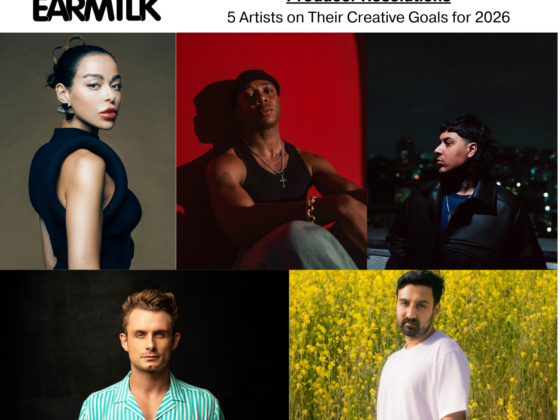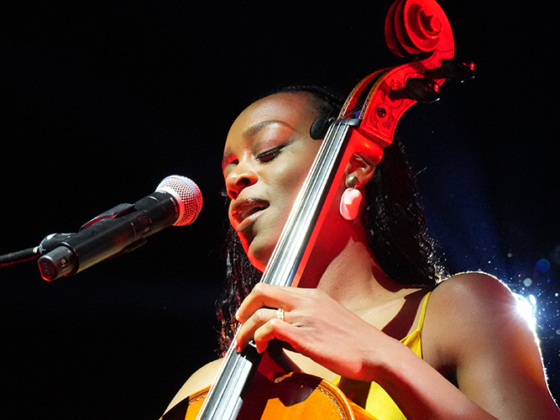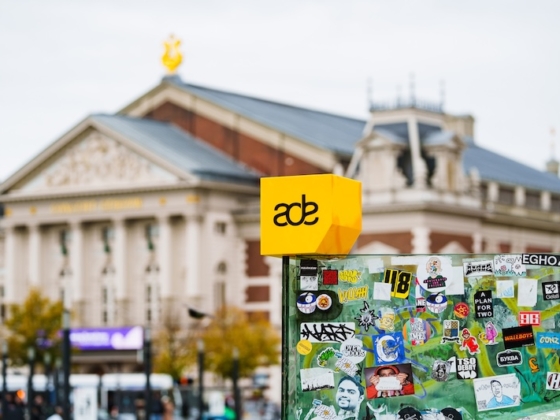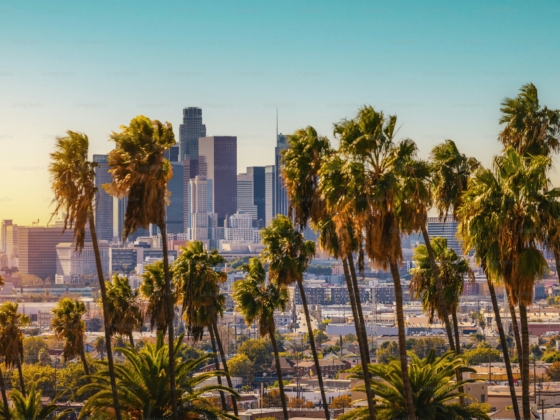Since Apple announced their new Apple Music service I’ve received a lot of questions from friends and colleagues looking for my thoughts. While Kevin O’Leary thinks it is a ‘giant nothing burger’, from the perspective of an Apple shareholder, it matters because it influences a product (music) that is more prevalent in our lives than ever before.
Even though journalists have called it “nothing special” it has impacted and shaken Music Tech, an industry on fragile ground. However, it still centers around the consumer. While artists like Taylor Swift are fighting and winning the battle over getting paid for their content, a growing number of aspiring artists and creators a just looking to be heard.
Why Apple Music Matters
Apple Music will undoubtedly shape the record industry and transform the dynamics of music technology. Spotify announced an additional $525 Million in funding today at a relatively similar valuation to their last raise. But perhaps more telling of the market’s reaction to Apple’s announcement is the immediate drop in share prices for public music tech companies such as Pandora and Rhapsody.
Music companies who rely on consumers for revenue, whether through advertising or subscription, are now forced to face a rival who already has unparalleled access to those consumers. They already have 300 Million potential users who own an iPhone, not including iPod models. They have over 800 Million credit cards on file. The two biggest barriers to product adoption – downloading it and putting on your credit card have been accomplished for Apple Music ahead of time.
With their 90 day free trial (the time period Spotify proudly states it takes for a user to convert to paid), and the ability to bill customers on a card they already have on file, I expect we will see a lot of the laggards finally adopt streaming as a viable way to consume music. The brand recognition Spotify has fought for over the years with early adopters has allowed them grow to become a household name with considerable market penetration. However, Apple has a decade head start with the late majority people who have a tough time trying something new. They’ve been sold iPods, iPhones, and music downloads over the years and now they’ll have a new app on their phone with a 90 day trial and the ability to upgrade to a plan for the whole family.
Completely removing the friction associated with becoming a streaming music consumer will allow Apple Music to do exactly what it needs to generate a bit of additional revenue. and keeping consumers hooked on their ecosystem. Ultimately Apple Music is just a part of Apple doing what Apple does best: owning their customers from end to end.
Why it doesn’t matter
Apple Music is still a predominantly consumer-centric product. Where it fails, is in truly recognizing the greatest trend in the music business over the past 5 years – that music is no longer just about the consumer, it is about the creators. They get part way there: artists can upload directly to Apple Music without a record label. This will certainly affect Soundcloud, a company that is trying to maintain faith in the adage “What doesn’t kill you makes you stronger.” Ultimately, the music business has changed and it is no longer just about hits and acts, it is now a collaborative and participatory experience. Songs get reinterpreted by fans, aspiring musicians, and DJs.
With the number of content creators doubling over the past 2 years to about 10 million producers creating content, the majority of which is unlicensed, they aren’t really taking advantage of perhaps one of the most interesting phenomenon to happen in our society:
Today for a couple hundred dollars (or free if you know how to torrent) almost anyone can all become a creator.
The false belief is that the Record industry and the Music Industry are synonymous.
The Record Industry profits from the sale and licensing of recorded music and it is a shrinking fraction of overall Music Industry revenue, which takes into account all revenue from music (ex. concerts, etc.) While the record industry was worried about how piracy was going to eat into the profits, what they were really fearful of is the destruction of barriers to entry to distribution. Why? Because now that there are few barriers to producing and distributing music, anyone can be a creator without needing initial investment from a label.Ultimately, it is now harder for labels to capture as much of the upside on breakout artists. Today, artists often breaks out before they get signed to a label. While every creator is definitely not talented, the quantity of content available to consumers increasingly driving down the value of the product based simply due to supply and demand.
Music isn’t the only way artists differentiate themselves today. Music is a part of the experience, but fans identify with more than just music. The most successful artists today understand this. Aspiring artists still struggle to separate themselves from the noise and build an authentic audience for their music. Engaged, loyal, and responsive fans are the backbone of a career as an artist today. One hit wonders will still have their time on the radio, but artists who get to know their fans can build long lasting careers. Phish, perhaps unknowingly, have become the template for success in the evolution of the music industry.
Why isn’t Apple Music really that interesting? It doesn’t solve a problem. We don’t currently suffer from a lack of ways to consume music. In fact, we can hear almost any song we want at any time without having to pay for it. So while it was great to hear how Drake plans on dropping music directly to his massive fan base through Apple Music, it just isn’t that interesting. It’s about as interesting as Tidal being owned by some of the world’s most successful artists. I bet everyone reading this post knows an artist who is talented and struggling to reach people. The internet has given them a chance – they now have a global audience, but they are still taking shots in the dark at success.
I bet everyone reading this post knows an artist who is talented and struggling to reach people. The internet has given them a chance – they now have a global audience, but they are still taking shots in the dark at success.
At Receiver, we are trying to give artists the tools they need to succeed however they define that success. Whether it is an additional weekly gig to support themselves, getting the attention of an artist who they’ve remixed, or simply having a place that they can share the music they want when they want.
Potential reach doesn’t matter – we’re focussed on finding your audience.











